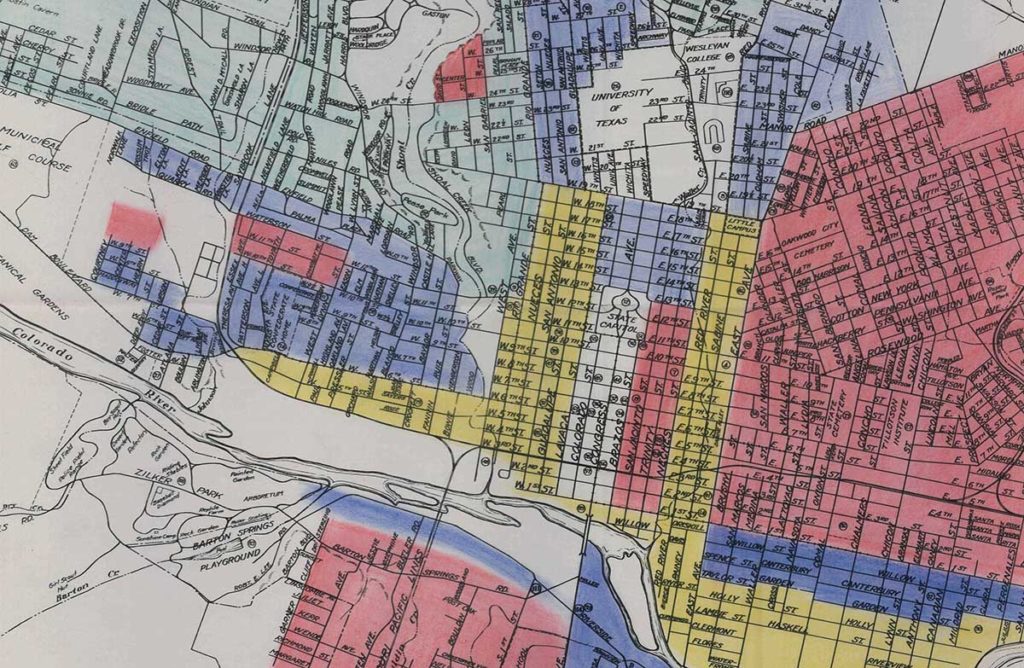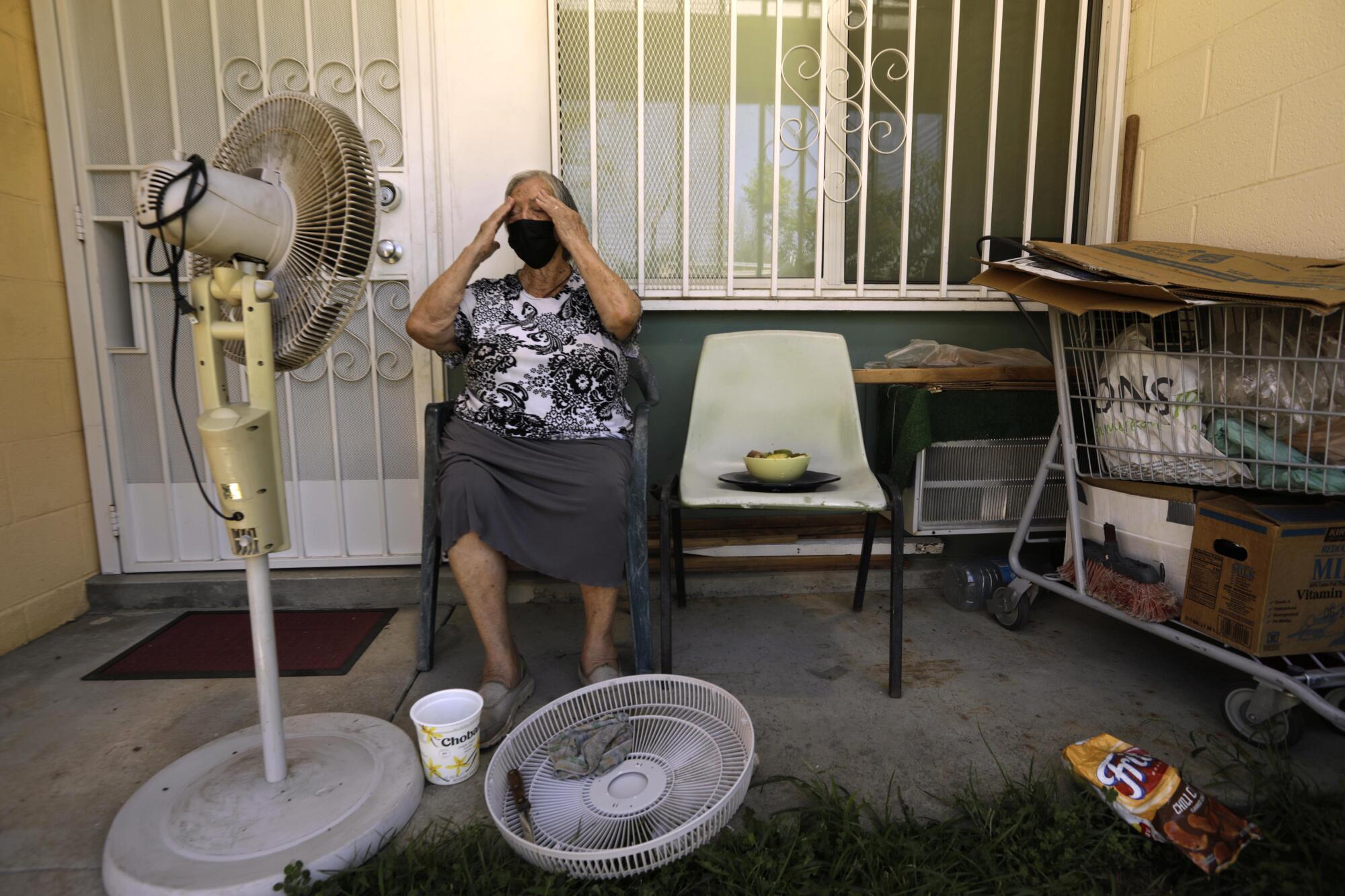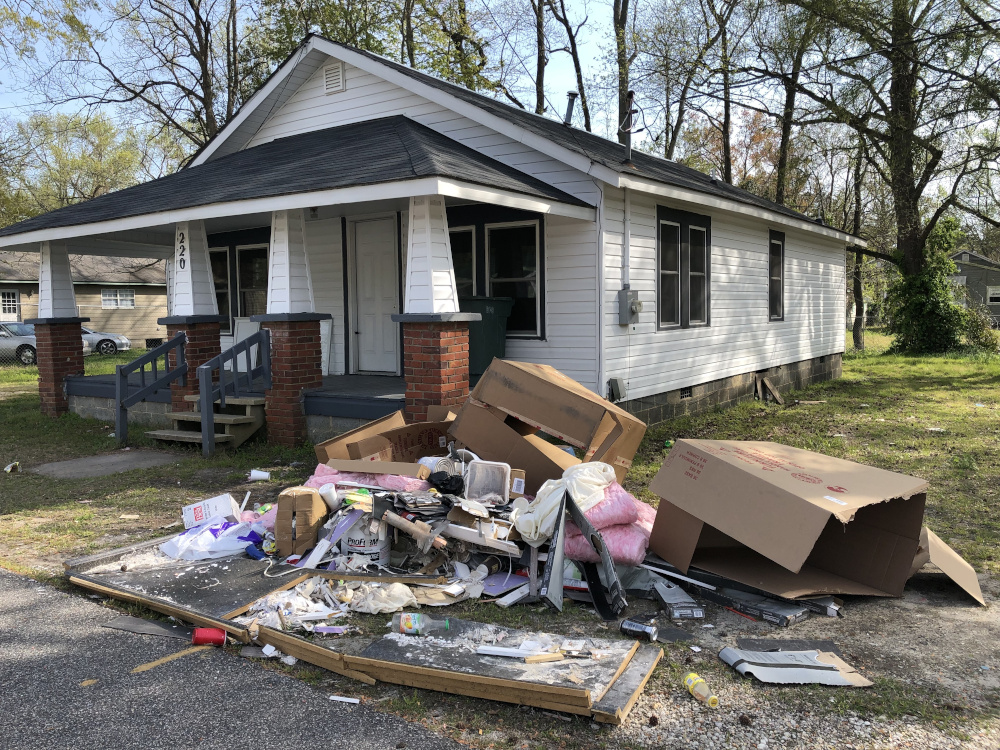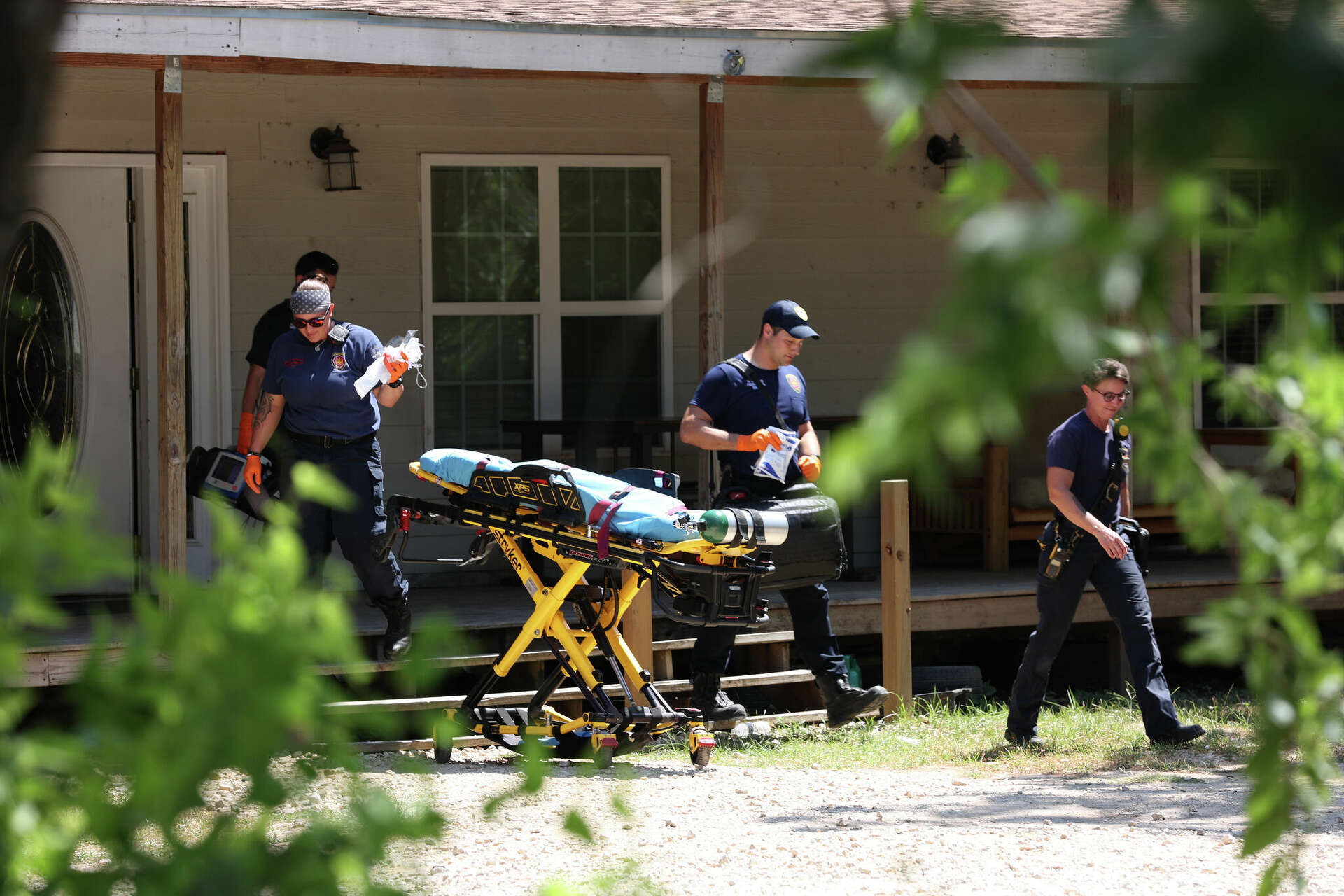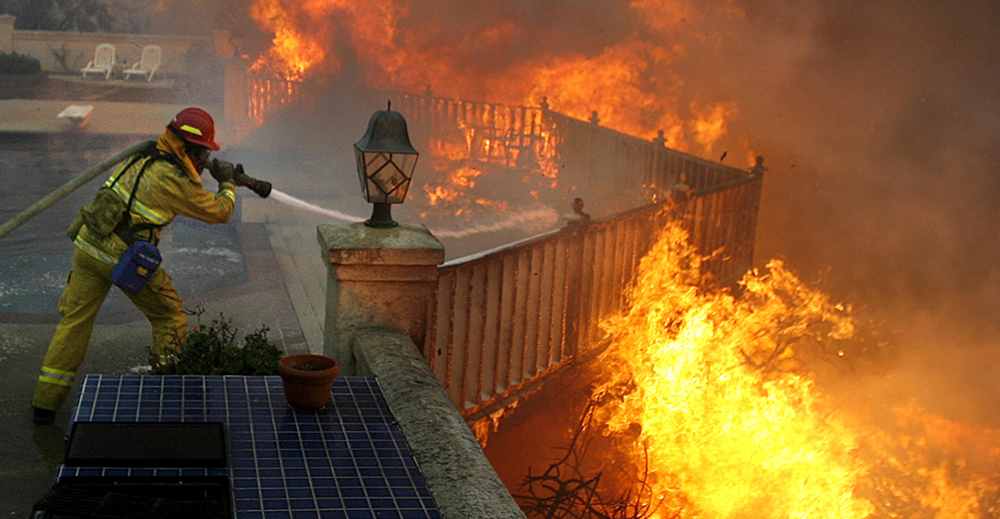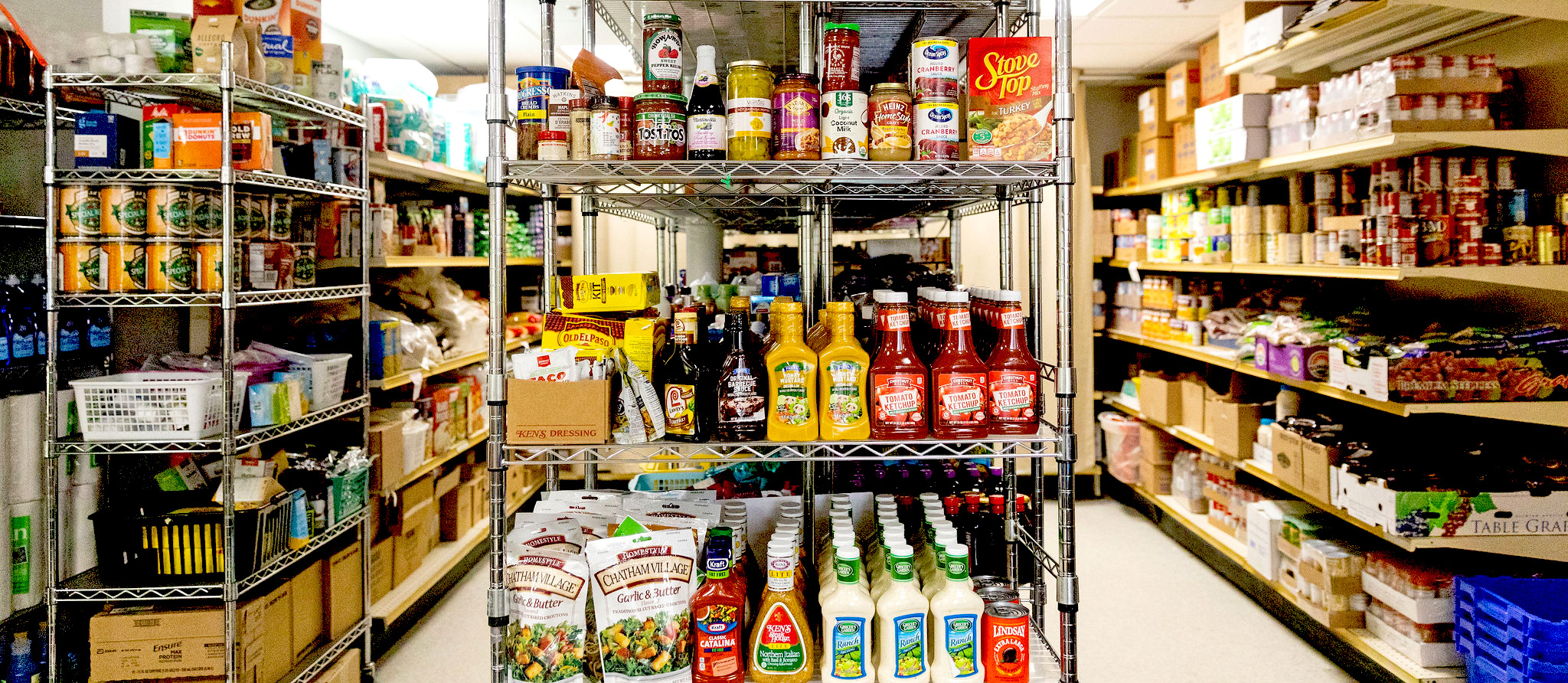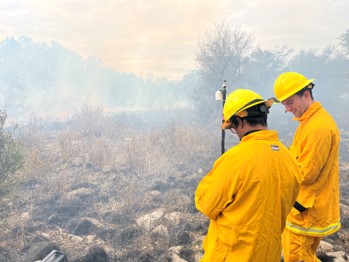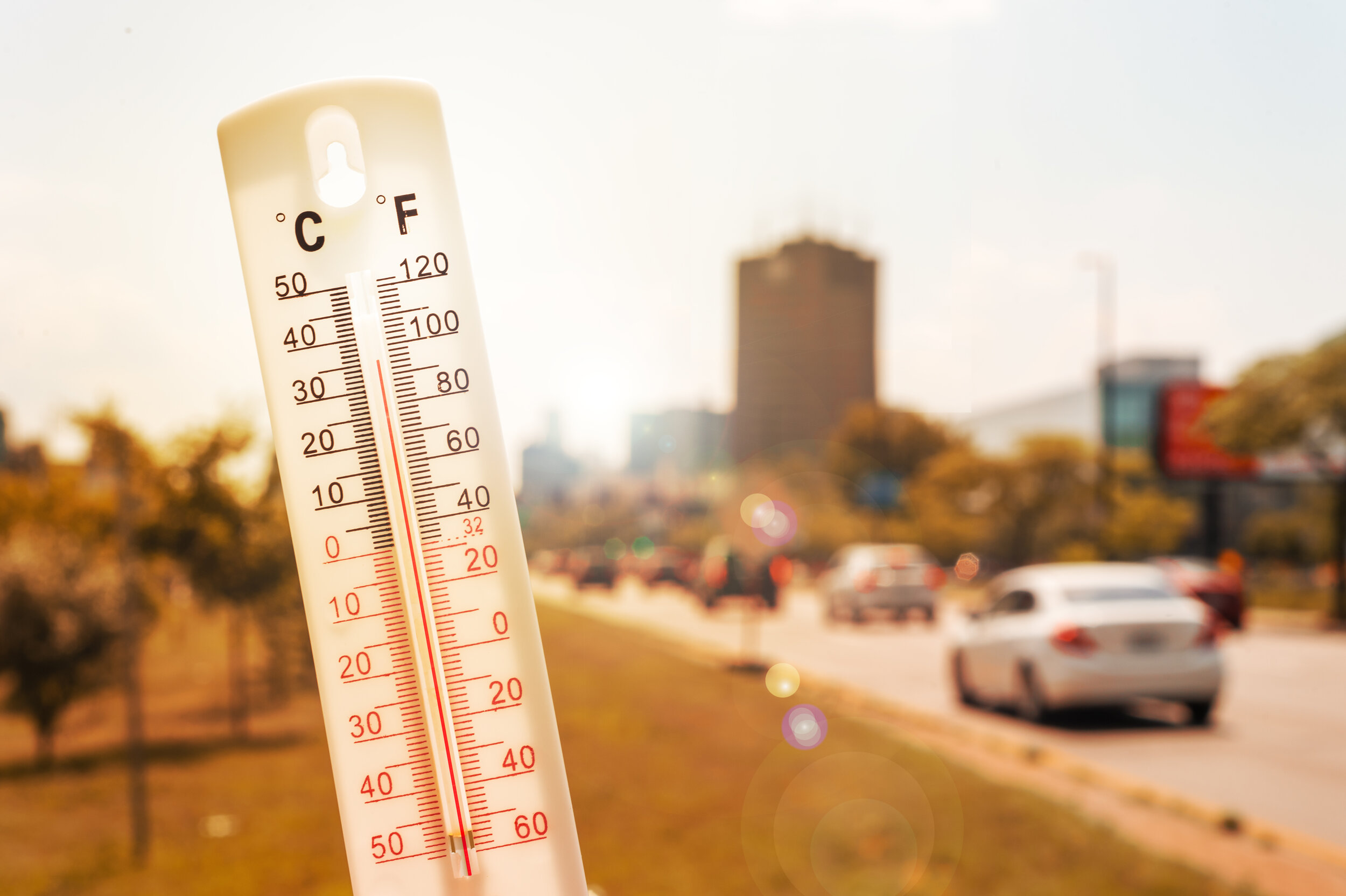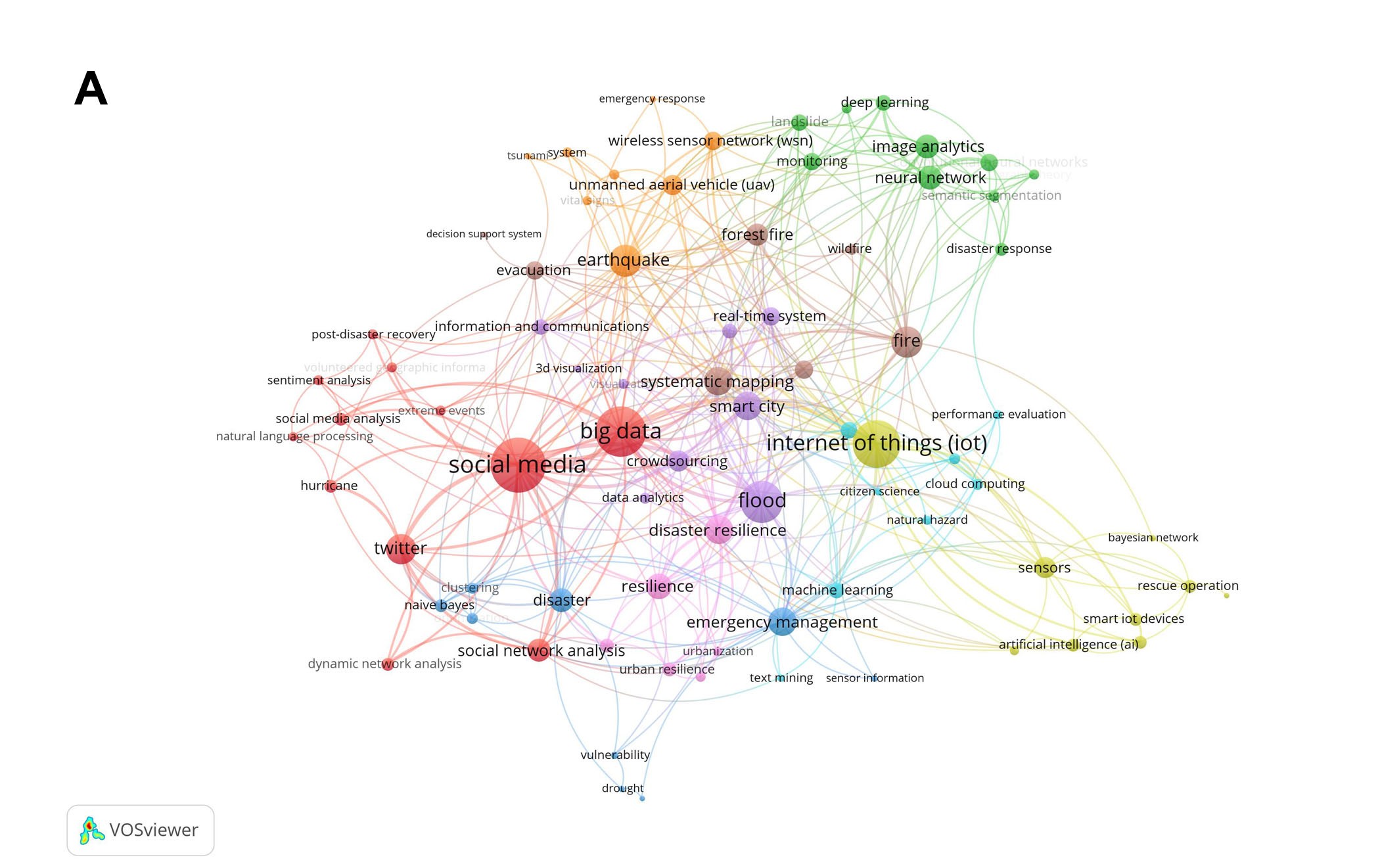
Austin, TX, USA
kijin.seong@austin.utexas.edu
ORCID |
LinkedIn |
GitHub
ResearchGate |
GoogleScholar
Research Projects
1. Environmental Equity and Justice
Investigating the potential of smart city technologies to mitigate environmental inequalities and resource access disparities, with an emphasis on developing equitable and inclusive urban resilience strategies.
A Spatial Analysis Using FEMA's National Risk Index
Examining the influence of redlining on contemporary urban vulnerability and resilience to natural hazards.
Studying the heightened exposure of low-income and minority communities to extreme heat and the role of urban design in mitigating these effects.
Analyzing variations in disaster preparedness, response, and recovery across socio-economic and racial groups.
2. Urban Environmental Health
Investigating the intersection of urban planning, public health, and smart technologies to enhance the well-being of urban populations, particularly in mitigating the effects of pollution, heat, fire, and other environmental stressors.
Assessing how prolonged heatwaves affect vulnerable populations, with a focus on cardiovascular, respiratory, neurological, and non-severe cases.
Exploring spatiotemporal patterns of EMS calls related to heat emergencies and their relationship to environmental factors.
Evaluating the risk of fire in densely populated urban areas and the deployment of smart technologies for early detection and mitigation.
3. Urban Data Science and Resilience Analytics
Utilizing advanced data science techniques, including AI and machine learning, to model and optimize urban resilience systems, focusing on real-time data collection, analysis, and decision-making for enhancing the resilience of smart cities.
Applying GeoAI to map and predict unhealthy food access, areas with limited access to nutritious food, and food distribution gaps.
Developing and applying digital twin technologies to simulate urban environments and enhance decision-making in fire risk management.
Analyzing social media data to understand sentiments around extreme heat events.
Conducting a comprehensive review of how smart city infrastructures improve disaster resilience, with a focus on identifying best practices and knowledge gaps.
